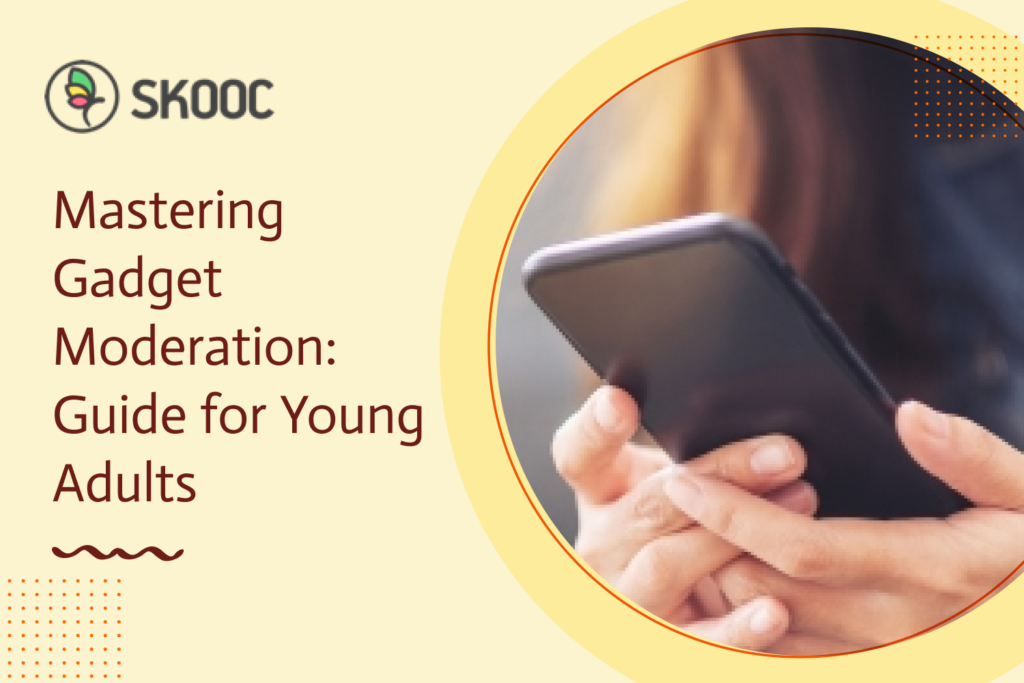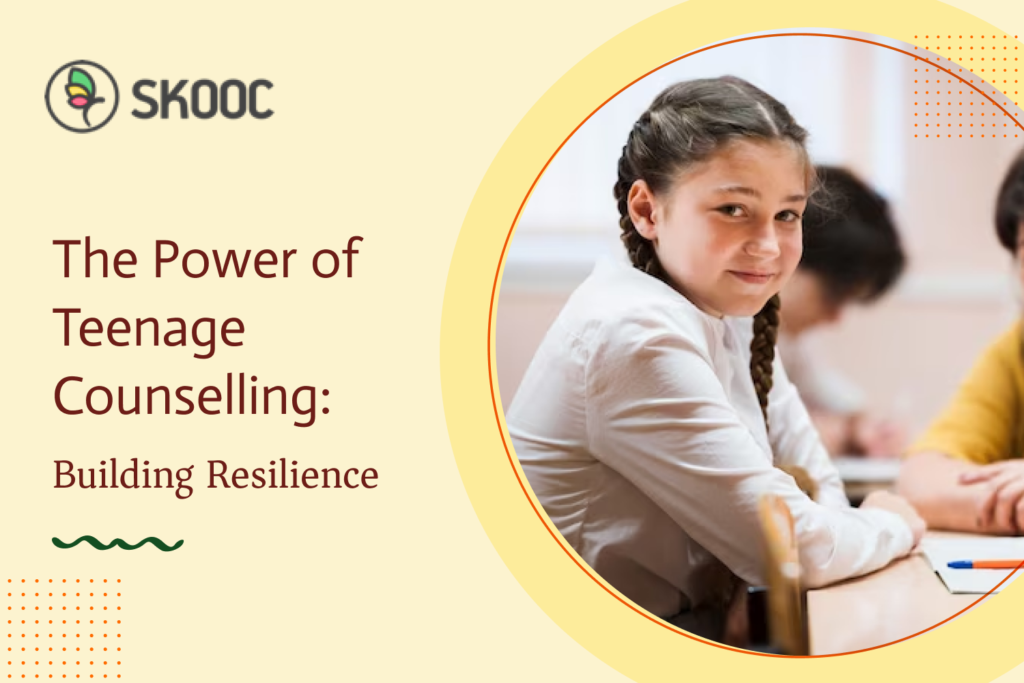
For many students, exams often come with a ticking clock, mounting pressure, and the overwhelming feeling of “so much to do, so little time.” As parents, it’s natural to wonder if your child is studying enough. But what if the problem isn’t how much they study, but how they study? By learning how to study effectively for exams in a short time, students can achieve more without burning out. Let’s explore smart strategies backed by psychology to help students unlock their potential and succeed, even with limited time.
Why Last-Minute Studying Feels Overwhelming (and How to Fix It)
Most students procrastinate, and when exams are right around the corner, panic takes over. Instead of cramming, shifting to smart and psychological strategies can make all the difference. Here’s how to take control and make the most of limited study time.
Psychological Tactics to Optimize Study Time

Studying under pressure is more about strategy than sheer effort. The following psychological techniques and study tips help students make every minute count.
Stop Wasting Time—Prioritize Instead
When time is short, prioritization is your best friend. Instead of trying to cover everything, students should focus on high-weightage topics. This ensures maximum returns for their effort.
Use the 80/20 rule: 80% of results come from 20% of the effort. Guide your child to focus on that 20% by reviewing class notes and pinpointing essential parts of their study material. Prioritizing critical areas not only saves time but also reduces stress.
Why Chunking Information Works Like Magic
Large volumes of information can overwhelm the brain. Chunking information breaks subjects into smaller, meaningful sections. By grouping similar concepts together—like pairing historical events with their causes or categorizing biological processes—students can understand and retain details more effectively. This simple yet powerful technique makes study sessions more productive.
Try the Pomodoro Technique
Absolutely! The Pomodoro Technique is a time-management tool proven to enhance focus. By studying in short bursts of 25 minutes followed by 5-minute breaks, students can stay energized and avoid burnout.
Set a timer for these intervals and encourage complete focus during each burst. After four cycles, take a longer 15 to 30 minutes break. Structuring study routines this way keeps productivity high and maintains momentum.
Make Learning Visual with Mind Maps
Complex topics can feel less daunting when broken down visually. Mind mapping uses diagrams or flowcharts to connect ideas. This is especially helpful for visual learners.
For instance, when revising a subject like physics, a mind map can link formulas, concepts, and examples, making exam preparation faster and more efficient. Encourage your child to experiment with this tool for effective studying.
The Feynman Technique: Teach to Learn
The best way to understand something deeply is to teach it. With the Feynman Technique, students explain concepts to someone else in simple terms. This process uncovers gaps in understanding and simplifies tough topics.
Encourage your child to explain key concepts aloud or teach a friend. This method not only improves retention but also builds confidence.
Managing Stress: The Key to Better Learning

Stress can cloud judgment and reduce focus, especially during exam preparation. Here’s how students can manage stress effectively:
Mindfulness and Breathing
Encourage deep breathing exercises or mindfulness activities before starting study sessions. These techniques calm the mind and enhance focus.
Prioritize Sleep
Avoid all-nighters. Sleep is critical for memory consolidation and ensuring optimal blood flow to the brain.
Hydrate and Snack Smart
Staying hydrated and consuming light snacks like nuts or fruits keeps energy levels stable during long study sessions.
By addressing stress, students can stay calm and study more effectively, even under pressure.
Smart Revision Techniques for Effective Studying

Revising smartly, rather than endlessly, is essential for how to study effectively for exams in a short time. Here are some proven strategies:
Practice with Purpose
Past papers provide insights into recurring question patterns and exam trends. Solving these under timed conditions mimics the real test environment, helping students build confidence and speed.
Flashcards for Quick Wins
Flashcards are a fantastic tool for quick recalls and review sessions. Write key formulas, definitions, or points on one side and test yourself. This engages active recall, which is far more effective than passive re-reading of notes.
Quiz Yourself
Encourage your child to quiz themselves or solve problems instead of passively reading through textbooks. Active recall strengthens memory pathways and ensures better retention, especially during last-minute revision.
Exam Day Success: Think Smart, Stay Calm

The morning of the exam can set the tone for the entire day. Help your child approach it with confidence and a clear mind.
- Start with Morning Revision: Review key concepts early in the morning when the brain is at its sharpest. Avoid cramming new topics at the last minute—it only adds stress.
- Pack and Prepare: The night before, ensure all essentials—like admit cards, stationery, and water bottles—are ready to avoid last-minute panic.
- Eat Light: A nutritious breakfast keeps energy steady. Avoid heavy or sugary foods that might cause a crash.
- Breathe and Visualize: Practice a few deep breaths before entering the exam hall. Encourage your child to visualize solving questions confidently—it’s a proven stress-relief technique.
Once inside, remind them to attempt easier questions first, manage their time wisely, and stay focused. Success isn’t about knowing everything—it’s about staying composed and doing their best.
Closing Thoughts
Exams don’t have to be overwhelming. By leveraging these psychological strategies and smart study techniques, students can maximize their study time and perform at their peak. From mind mapping to the Pomodoro Technique, these methods ensure that every moment of exam preparation counts.
While this blog offers helpful tips, the Peak Performance Program is a sure-shot way to help your child achieve their academic best. Designed for students from 9th to 12th standard, this program tailors strategies to individual needs, helping them improve focus, manage stress, and excel academically.
It all starts with an assessment to customize the program’s duration, followed by daily guidance from experienced therapists, milestone tracking, and regular updates for parents.
Success is not about studying harder—it’s about studying smarter. And with these techniques, even limited time can yield extraordinary results. Want to know more about the Peak Performance Program? Reach out to us!



